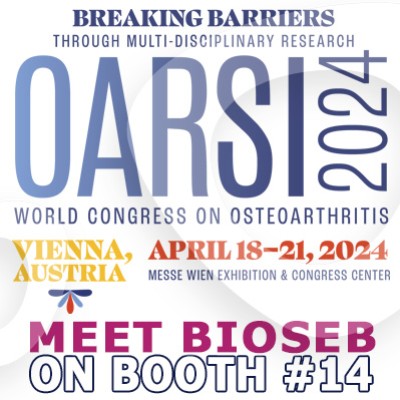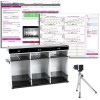Authors
S Shabani, B Schmidt, B Ghimire, SK Houlton
Lab
Oregon Health and Science University, Department of Behavioral Neuroscience and Methamphetamine Abuse Research Center, Portland, Oregon, USA
Journal
Genes, Brain and Behavior
Abstract
Binge methamphetamine (MA) users have higher MA consumption, relapse rates and depression_like symptoms during early periods of withdrawal, compared with non_binge users. The impact of varying durations of MA abstinence on depression_like symptoms and on subsequent MA intake was examined in mice genetically prone to binge_level MA consumption. Binge_level MA intake was induced using a multiple_bottle choice procedure in which mice were offered one water drinking tube and three tubes containing increasing concentrations of MA in water, or four water tubes (control group). In two studies, depression_like symptoms were measured using a tail_suspension test and a subsequent forced_swim test, after forced abstinence of 6 and 30_hours from a 28_day course of chronic MA intake. An additional study measured the same depression_like symptoms, as well as MA intake, after prolonged abstinence of 1 and 2 weeks. MA high drinking mice and one of their progenitor strains DBA/2J escalated their MA intake with increasing MA concentration; however, MA high drinking mice consumed almost twice as much MA as DBA/2J mice. Depression_like symptoms were significantly higher early after MA access was withdrawn, compared to levels in drug_naïve controls, with more robust effects of MA withdrawal observed in MA high drinking than DBA/2J mice. When depression_like symptoms were examined after 1 or 2 weeks of forced abstinence in MA high drinking mice, depression_like symptoms dissipated, and subsequent MA intake was high. The MA high drinking genetic mouse model has strong face validity for human binge MA use and behavioral sequelae associated with abstinence.
BIOSEB Instruments Used:
Tail Suspension Test - Wireless (BIO-TST5)

 Pain - Thermal Allodynia / Hyperalgesia
Pain - Thermal Allodynia / Hyperalgesia Pain - Spontaneous Pain - Postural Deficit
Pain - Spontaneous Pain - Postural Deficit Pain - Mechanical Allodynia / Hyperalgesia
Pain - Mechanical Allodynia / Hyperalgesia Learning/Memory - Attention - Addiction
Learning/Memory - Attention - Addiction Physiology & Respiratory Research
Physiology & Respiratory Research
 Pain
Pain Metabolism
Metabolism Motor control
Motor control Neurodegeneration
Neurodegeneration Cross-disciplinary subjects
Cross-disciplinary subjects Muscular system
Muscular system General activity
General activity Mood Disorders
Mood Disorders Other disorders
Other disorders Joints
Joints Central Nervous System (CNS)
Central Nervous System (CNS) Sensory system
Sensory system
